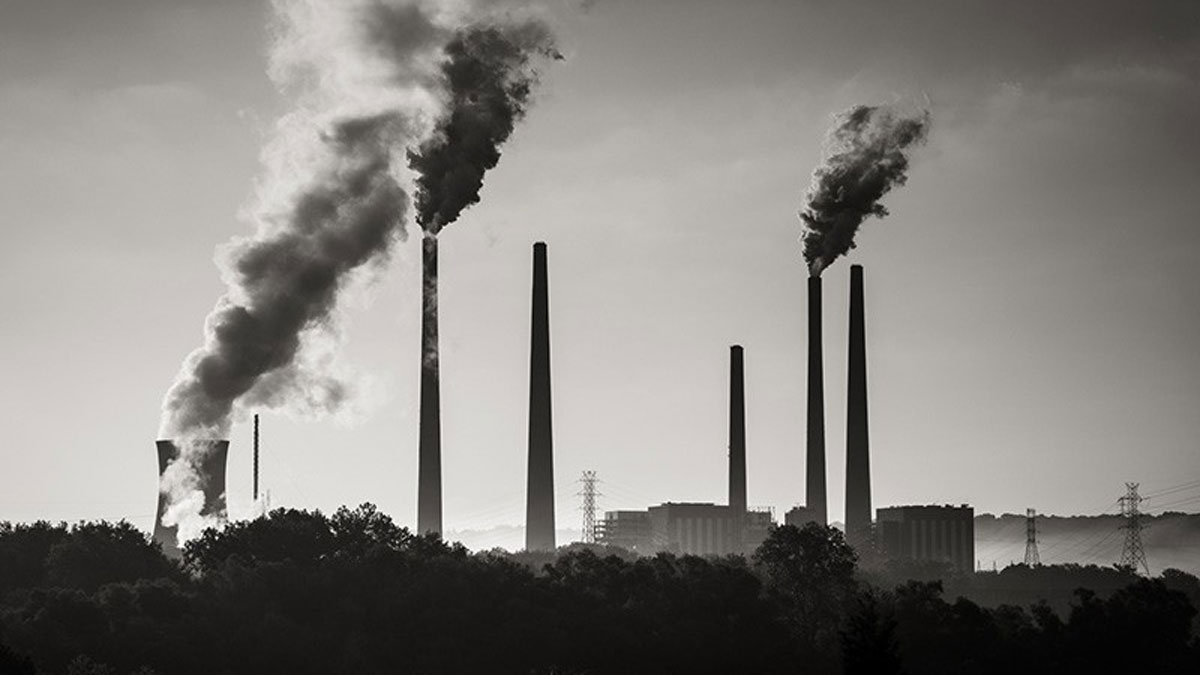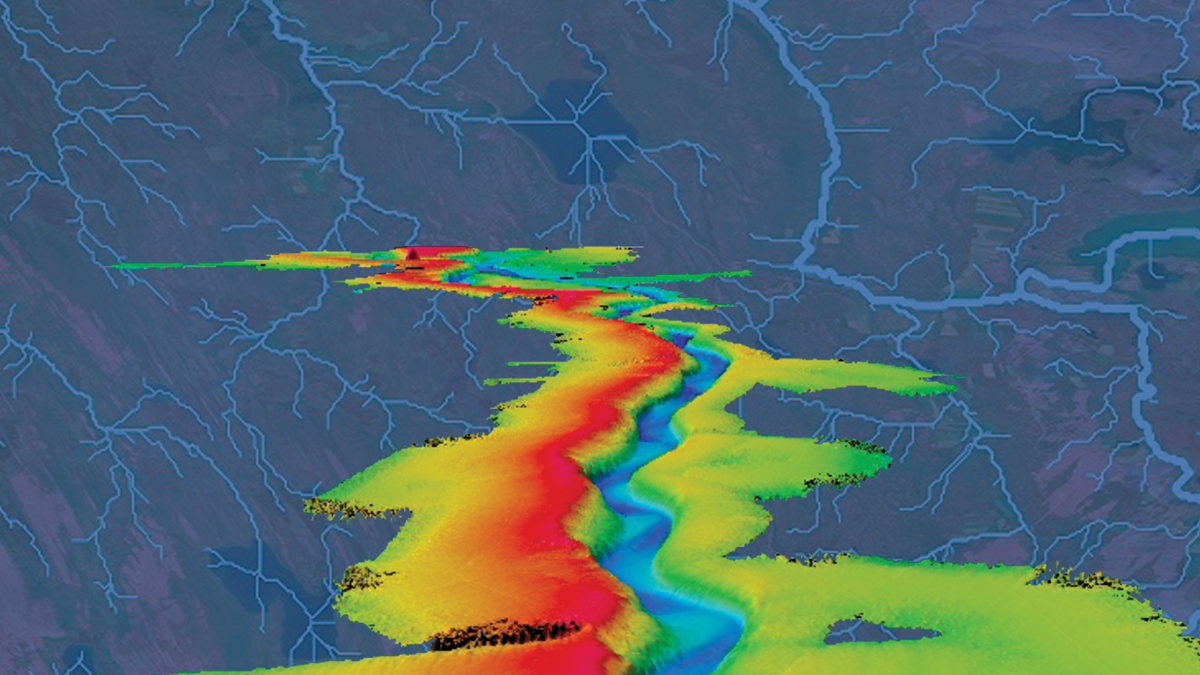Scientists are making strides in monitoring firefighters for pollutant exposure using silicone wristbands, which will become even more important as wildfires encroach on the built environment.
geohealth
Despite Improvements, China’s Air Remains Unsafe
Toxic particulate matter has decreased by about a third over the past decade, but levels are still above what’s considered healthy.
Cuantificando los beneficios para la salud de una transición a energías limpias en EE. UU.
Eliminar la contaminación del aire relacionada con la energía en los Estados Unidos podría evitar aproximadamente 50,000 muertes prematuras y ahorrar miles de millones de dólares al año.
Side Benefits of Climate Action May Save Millions of Lives in Africa
Premature deaths due to air pollution would decline across the continent.
The Sun Bakes Wildfire Smoke, Changing Its Toxicity
A new study questions the narrative that dilution is the solution to pollution.
Higher Lead Concentrations Found in Diseased Bones
Researchers compared trace element concentrations in patients with and without osteoporosis, finding possible differences in bone geochemistry between the groups.
Indoor Air Pollution in the Time of Coronavirus
How aerosol scientists spread the word on the airborne transmission of COVID-19–and what it means for cleaning our indoor air.
Quantifying the Health Benefits of a U.S. Clean Energy Transition
Eliminating energy-related air pollution in the United States could prevent roughly 50,000 premature deaths and save billions of dollars per year.
Charting Paths to New Knowledge
In our June issue of Eos, we home in on the unique ways researchers are using maps to better understand Earth and beyond.
Air Pollution Linked to Adverse Mental Health Effects
Adolescents exposed to higher levels of ozone experienced an increase in depressive symptoms.










